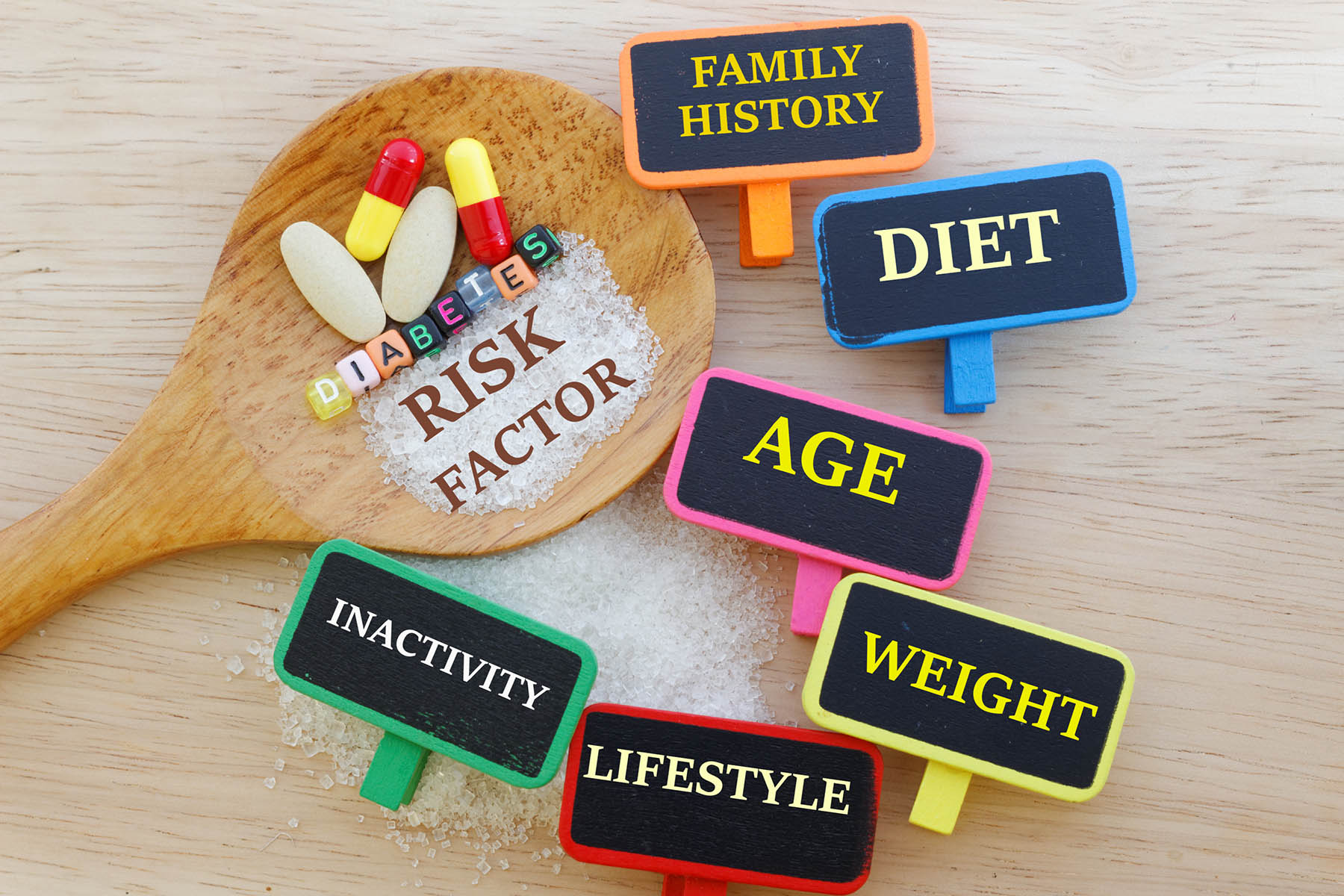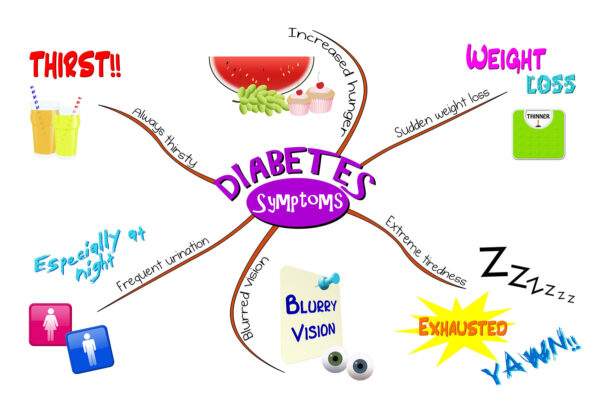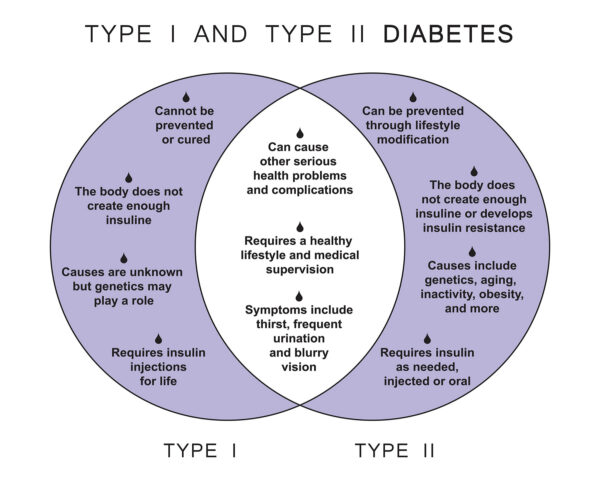Introduction to Low Blood Sugar (Hypoglycemia)
Low blood sugar, or hypoglycemia, is commonly associated with diabetes, but it can also occur in people without the condition. Understanding its various causes is crucial for effective management and prevention.
Common Non-Diabetic Causes of Hypoglycemia
Several factors can contribute to low blood sugar in non-diabetics, including:
Reactive Hypoglycemia
- Occurs a few hours after eating.
- Often related to the body’s response to certain types of food.
Fasting Hypoglycemia
- Linked to a lack of food.
- Can be a sign of an underlying health issue.
Medications and Hypoglycemia
Certain medications, not just those for diabetes, can sometimes lead to low blood sugar. It’s important to be aware of this side effect and consult healthcare providers about the risks associated with any medication.
Hormonal Deficiencies
Some hormonal deficiencies, especially in children, can lead to hypoglycemia. Conditions like adrenal insufficiency or growth hormone deficiency disrupt the body’s ability to manage blood sugar levels.
Excessive Alcohol Consumption
Drinking alcohol, especially without eating, can block the liver from releasing stored glucose into the bloodstream, causing hypoglycemia.
Certain Medical Conditions
Some medical conditions, including hepatitis, kidney disorders, and pancreatic tumors, can affect the body’s glucose metabolism, leading to low blood sugar levels.
Symptoms of Low Blood Sugar to Watch For
Symptoms of hypoglycemia can include:
- Shakiness
- Dizziness
- Sweating
- Hunger
- Irritability or moodiness
- Confusion or difficulty concentrating
- Rapid heartbeat
Managing Low Blood Sugar
If you experience hypoglycemia, consuming fast-acting carbohydrates like fruit juice, honey, or glucose tablets can help raise blood sugar levels quickly. It’s important to follow up with a healthcare professional if you frequently experience these symptoms.
Preventive Measures
Preventive measures include:
- Eating regular, balanced meals and snacks.
- Monitoring alcohol intake.
- Understanding the side effects of medications.
- Being aware of individual triggers.
When to Seek Medical Attention
If low blood sugar symptoms persist or if you lose consciousness, seek immediate medical attention. Persistent hypoglycemia could indicate a more serious underlying medical condition.
Conclusion: Awareness and Proactive Health Management
Being aware of the various causes of low blood sugar beyond diabetes is important for everyone. Understanding these causes enables proactive health management and the prevention of potential hypoglycemic episodes.






